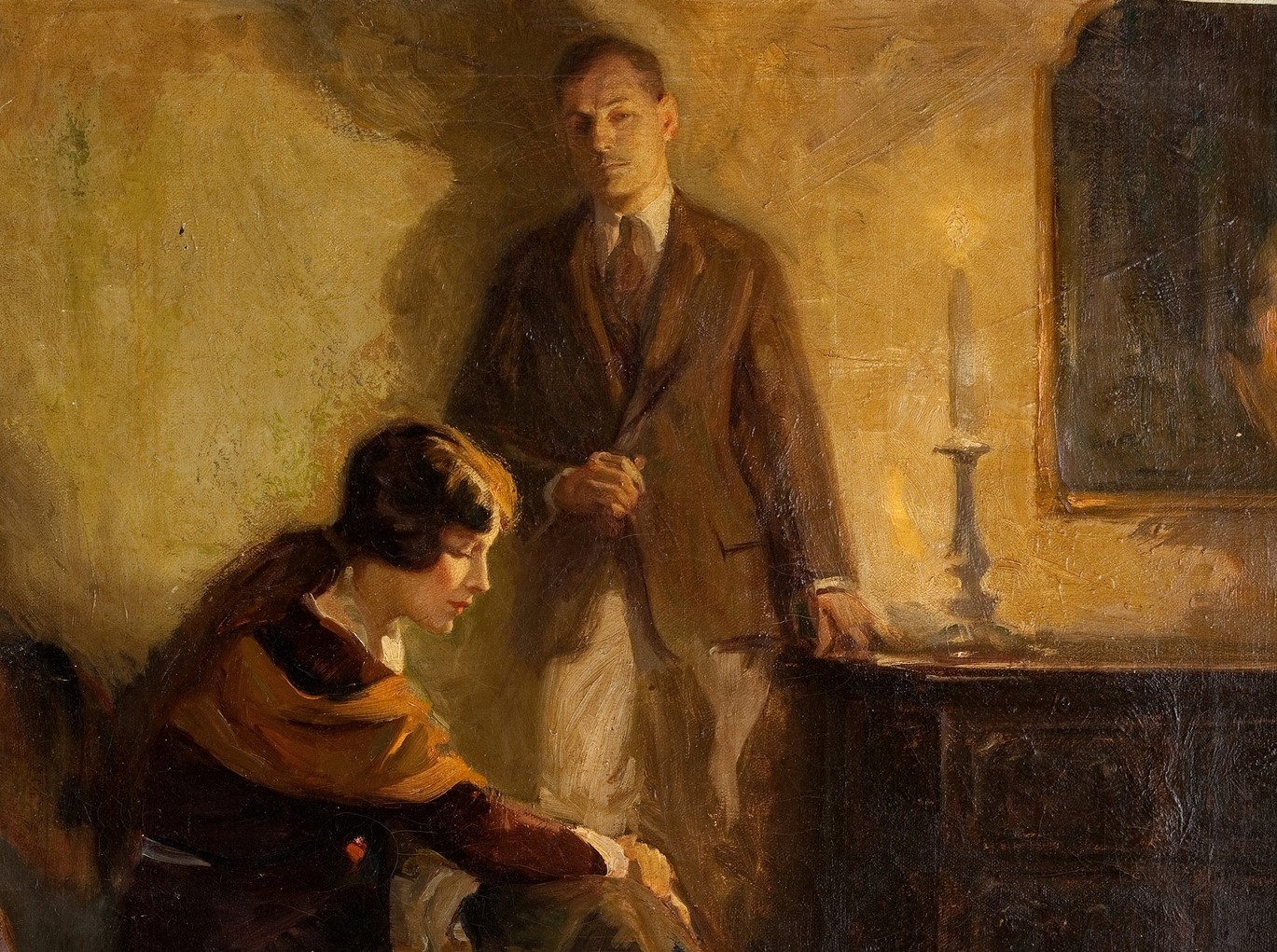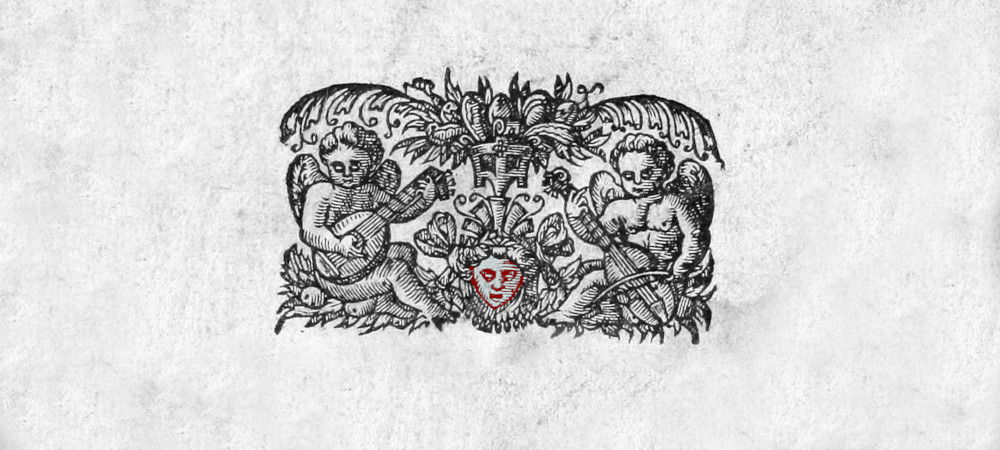I Loved You Because
Are there any crueler words than “I loved you because?” How ominous that conjunction—how devastating that tense. The first sin of Dorian Gray turned on just these words. Before the fatal scene, Dorian had fallen rashly in love with the beautiful actress Sibyl Vane. Among the tawdry vulgarities of the two-penny theater where she played, Sibyl was a goddess. Night after night, Dorian would go to see her perform with talent and refinement, and he worshiped her for it. He would go backstage; he would praise her charm and her artistry; he would declare his love and propose marriage. Sibyl, for her part, ignored the counsel of her mother and fell for the flatteries of this rich, good-looking gentleman, whose full name she did not even know.
The next night, Dorian brings his cultured friends to the cheap theater by promising that, amid so much humanity, they would witness the divine. But tonight Sibyl plays like a wooden doll. Her new-found love has broken the spell of her acting and she cannot now conjure its magic. Dorian’s friends leave at intermission, while Dorian, shocked, disgusted, and enraged, sees it through to the end.
Backstage, we hear the cruelest words. Sibyl praises in lofty terms the triumph of love over art, but Dorian can hardly stand to look at her. “You have killed my love,” he mutters turning away his face. She thinks he is joking, laughs, moves to press his hand to her lips. “Yes,” he cries, “You have killed my love. You used to stir my imagination. Now you don’t even stir my curiosity. You simply produce no effect. I loved you because you were marvelous, because you had genius and intellect, because you realized the dreams of great poets and gave shape and substance to the shadows of art. You have thrown it all away. You are shallow and stupid. My God! How mad I was to love you! What a fool I have been! You are nothing to me now. I will never see you again. I will never think of you. I will never mention your name.”

While few of us rise to this level of dramatic pathos, we all cherish such a little “because” in our hearts. Only fortunate circumstances keep that because alive and the tense of our love from slipping into the past. We love because our beloved is someone with whom we can talk, because she sparks our fascination, because she plays the ukulele, because she is kind, because she has been to Austria, because she has read The Picture of Dorian Gray. We love not the beloved but the effects of the beloved. And we think it touching to enumerate these effects on anniversary cards.
But is such a past-tensable love any kind of love at all? Can we not quote our Shakespeare? “Love is not love which alters when it alteration finds.” Such love is sickly sweet, like honeyed meats beginning to turn. Behind its cloying aroma it betrays the deadly rot of cynical egoism.
We should not fall for the popular reaction to all this by saying that love should be entirely without a because, that it should be “unconditional.” For something to be truly unconditional, it much be altogether without condition, without a ground, without a reason. Such “unconditional” love, therefore, would be wholly arbitrary. No one wants to be loved for no reason. We all instinctively want to be loved for who we are, and we all instinctively know that who we are lies deeper than what we do or the effects we have on those who love us. All these things can pass away and with them that kind of love which takes them for its because. Who we are, however, cannot pass away or alter for it refers to a secret name written on a white stone in the eschaton, an unrepeatable name whispered into being by Infinite Love Himself.
In this life, we mortals catch only bits and pieces of this whisper, even in our own case. What we hear clearly are mostly its mortal echoes. Love that confuses the mortal effects for the immortal ground is liable to be mortal too. In the end, it’s death will be ghastly and it threatens to leave behind a haunting, restless spirit. As C.S. Lewis wisely observes, mortal loves without the immortal have a tendency toward the demonic:
“Dorian Gray, with his beautiful eyes, looked down at her, and his chiselled lips curled in exquisite disdain. There is always something ridiculous about the emotions of people whom one has ceased to love.”
If we should reverse the sin of Dorian Gray, however, we would find even our mortal loves redeemed and taken up into a higher world. Loving the beloved because she is who she is, we would love her acting too. We would love the effects because of the beloved, not the beloved because of her effects. And these effects would become heavenly in her light. We will savor her laughter, give her brightly colored dresses, and watch her dance. We will dance too, and all these mortal things will be servants of our joy.
